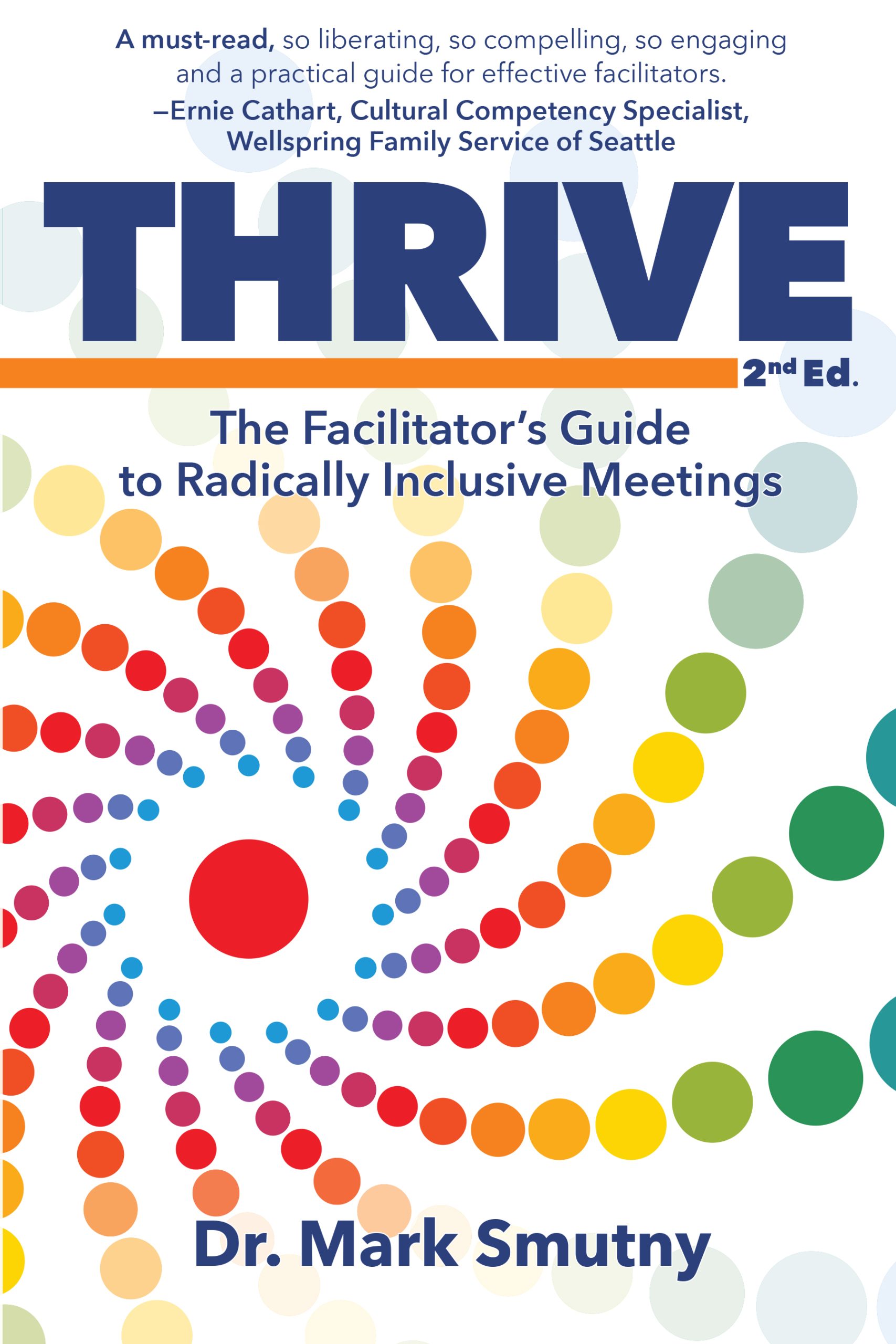 Respectful Dialogue
Respectful Dialogue
Respectful communication is crucial when discussing sensitive topics such as abortion, immigration, and the economy, particularly in the context of the 2024 election. Here are some practices that enable respectful communication:
Active Listening:
Encourage participants to listen attentively to each other without interrupting. This demonstrates respect for others’ perspectives and allows for a more productive dialogue.
Empathy and Understanding:
Foster an environment where individuals seek to understand others’ viewpoints, even if they disagree. Encourage participants to put themselves in others’ shoes and consider the underlying motivations and experiences that shape their perspectives.
Use of “I” Statements:
Encourage individuals to express their opinions using “I” statements to take ownership of their perspectives without implying judgment on others. For example, “I believe…” or “In my opinion…”
Respectful Language:
Emphasize the importance of using respectful and non-inflammatory language when discussing sensitive topics. Discourage personal attacks, derogatory remarks, or stereotypes.
Setting Ground Rules:
Establish clear ground rules for the discussion, emphasizing the importance of mutual respect, civility, and openness to diverse viewpoints. Encourage participants to adhere to these rules throughout the conversation. Check out my blog post on RESPECTFUL Communications Guidelines for an easily remembered set of ground rules.
Moderation and Facilitation:
Appoint a neutral moderator or facilitator to guide the discussion and ensure that all participants have an opportunity to speak. The moderator should intervene if the conversation veers off track or becomes contentious.
Seek Common Ground:
Encourage participants to identify common ground or shared values, even if they have differing opinions on specific issues. This can help foster a sense of unity and collaboration despite ideological differences.
Fact-Checking:
Encourage participants to base their arguments on factual information and evidence rather than hearsay or misinformation. Provide resources for fact-checking and encourage individuals to verify information before sharing it.
Encourage Constructive Criticism:
Foster a culture where constructive criticism is welcomed as a means of improving ideas and understanding. Encourage participants to challenge each other’s arguments respectfully and offer alternative perspectives supported by evidence.
Closure and Reflection:
End the discussion with an opportunity for participants to reflect on what they’ve learned and express gratitude for the opportunity to engage in respectful dialogue. Encourage individuals to consider how they can apply these principles in future conversations.
By implementing these practices, participants can engage in respectful and constructive communication when discussing contentious election issues such as abortion, immigration, and the economy, fostering mutual understanding and empathy despite differing viewpoints.
 About Mark Smutny and Civic Reinventions, Inc.
About Mark Smutny and Civic Reinventions, Inc.
Mark Smutny is a nonprofit consultant specializing in conflict resolution, a professional facilitator, author, and Founder of Civic Reinventions, Inc.
Mark’s book, “Thrive: The Facilitator’s Guide to Radically Inclusive Meetings, 2nd ed.,” provides powerful tools for greater productivity and mission success by hearing all voices and perspectives.
If you’re curious about building inclusive practices into your nonprofit and improving mission success, email Mark at mark.smutny@civicreinventions.com or call 425-405-5615.

